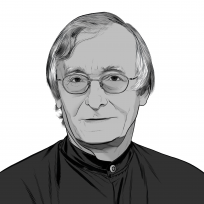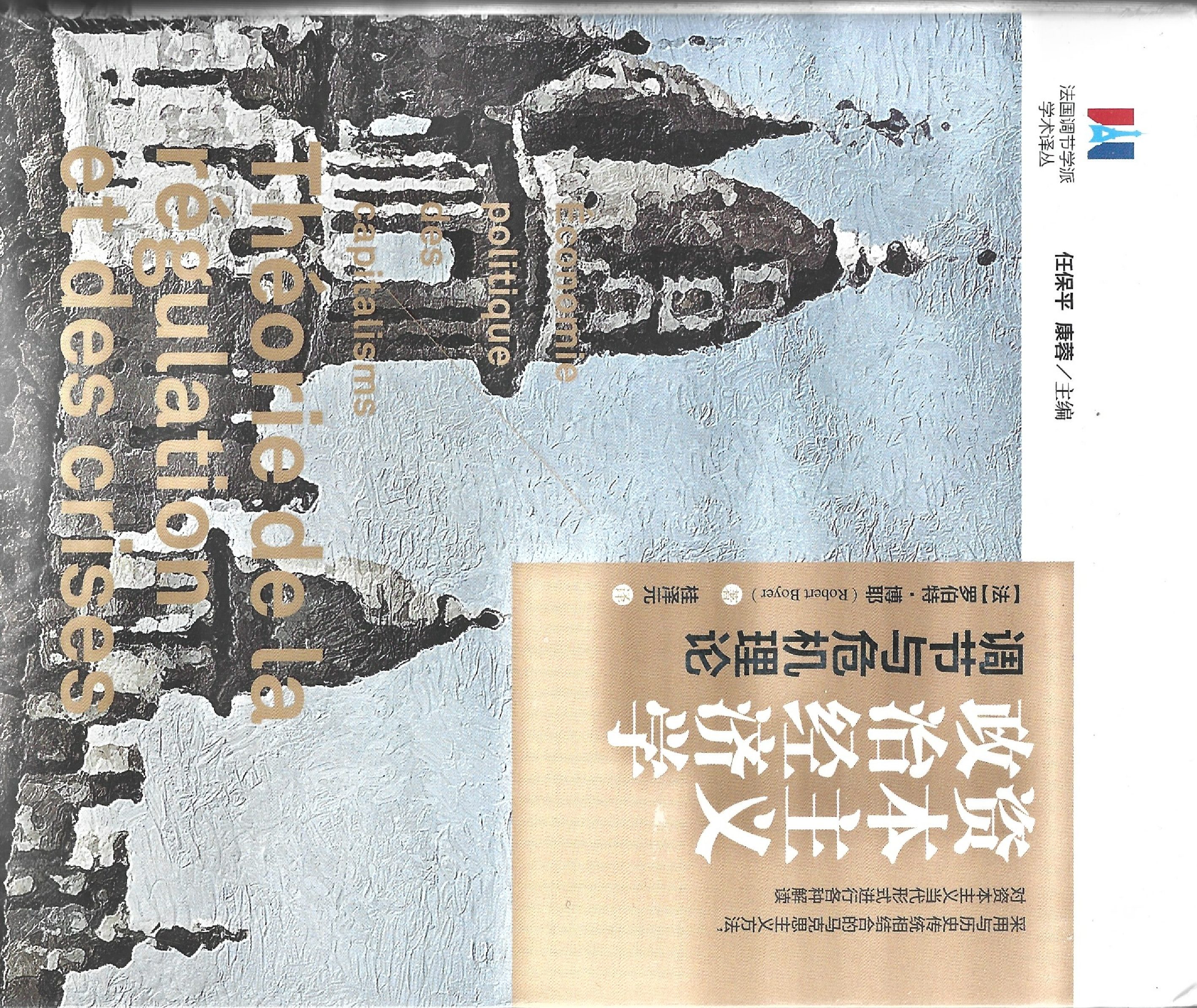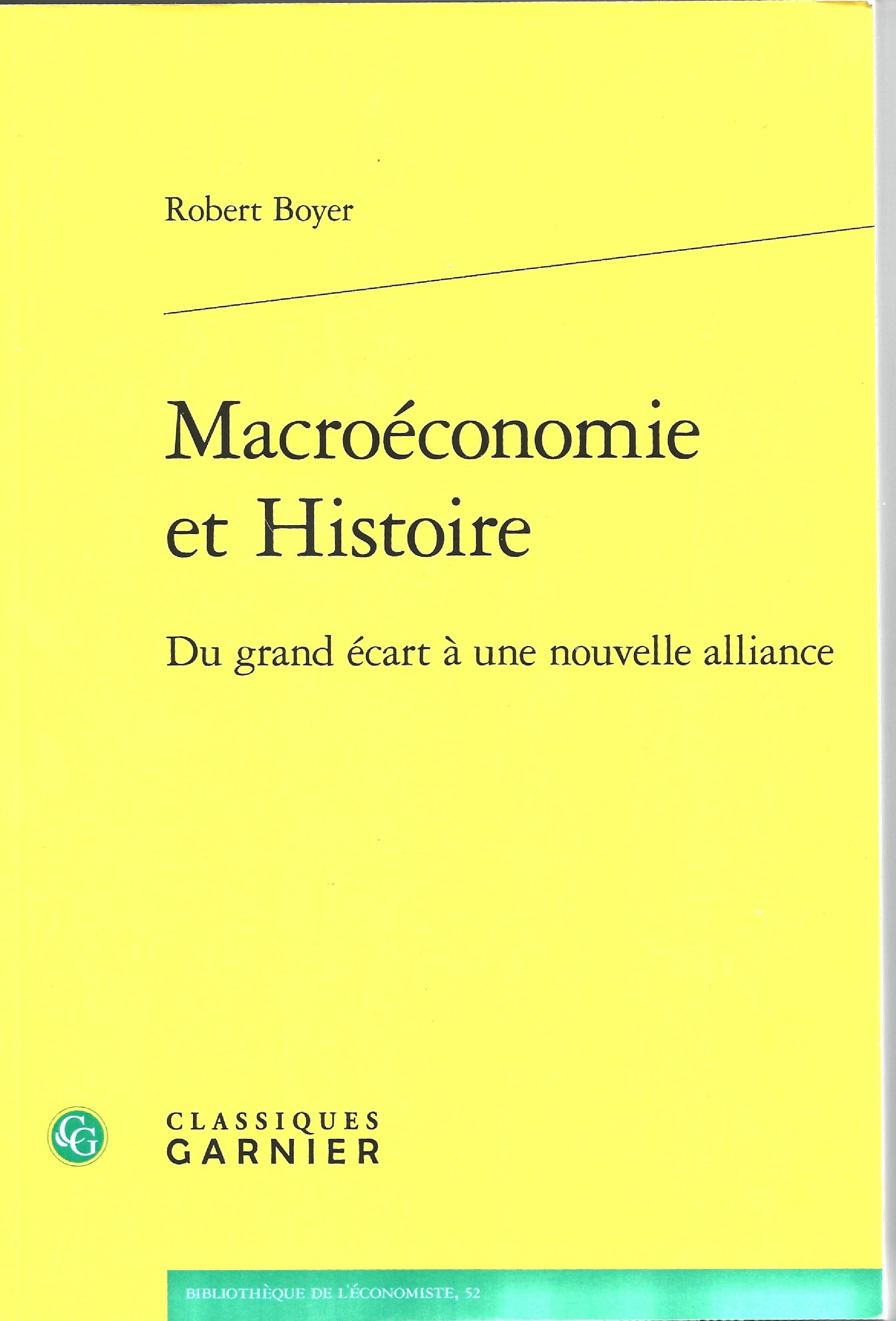Parution de l’ouvrage L’Union européenne : Innover ou disparaître, Editions Garnier, Paris, Collection Bibliothèque de l’économiste, n° 62, Série : 1, n° 40
|
|---|

Alternatives Economiques, Entreprises+, Opinion, paru le 10 novembre 2023
Collection Mondes en transitions, Les petits matins, Paris, Mars 2023.
COMMUNIQUÉ DE PRESSE
———————————————————————————————————————————————————————-
Contact • Les petits matins • 10, rue de Chantilly • 75009 Paris
Macha Dvinina • 01 43 48 77 27 • macha@lespetitsmatins.com
www.lespetitsmatins.fr
L’Économie sociale et solidaire :
une utopie réaliste pour le XXIe siècle ?
Auteur : Robert Boyer
L’un des pères de la théorie de la régulation propose une
réflexion sur les voies à emprunter pour faire de l’économie
sociale et solidaire une alternative crédible au néolibéralisme.
Un nouvel opus de la collection « Mondes en transitions ».
En librairie le 16 mars 2023
Prix : 14 €
Collection : « Mondes en transitions »
Nombre de pages : 144
ISBN : 978-2-36383-368-6
Le livre
Après trente années de confiance dans les mécanismes de marché, le début de la décennie 2020 semble
marquer le retour de l’État en tant que protecteur des citoyens et assureur des risques systémiques. Est-ce le
début d’une nouvelle époque d’interventionnisme et la répétition d’un mouvement de balancier qui ne cesse
d’osciller entre État et marché, alors que, de longue date, l’économie sociale et solidaire a proposé une
troisième voie ?
Comment expliquer que celle-ci ne se soit pas constituée en une alternative largement discutée dans la
société et la sphère politique ? Pourquoi n’est-elle pas plus présente dans les débats sur ce que pourraient ou
devraient être les régimes socio-économiques post-covid-19 ? Est-il fondé de voir dans la proposition des «
communs globaux », théorisés par Elinor Ostrom, l’expression d’un renouveau de l’ESS ?
Dans une approche comparative croisant théories et analyses historiques, l’économiste Robert Boyer montre
que l’ESS constitue une composante essentielle qui assure la viabilité du couple État-marché. C’est le terreau
de l’innovation sociale et de la démocratie dans l’économie, qui suscitent la formulation de projets de société
en rupture avec le fondamentalisme du marché.
L’auteur
Robert Boyer est économiste, directeur d’études à l’École des hautes études en sciences sociales (EHESS),
vice-président du conseil scientifique de l’Institut des Amériques.
Parution de la tradution en Chinois du Manuel Economie politique des capitalismes, La Découverte Paris,2015 Cnina Economic publishing house 2023.
Participation au séminaire de la Fondation Gabriel Péri, Séance 4 du séminaire Capitalisme: vers un nouveau paradigme? , Paris, 17 mars 2022 , séance avec Frédéric Boccara et Robert Boyer, animation: Stéphanie Gwizdak.
Socio-Economic Review , 2021.
Résumé
L’émergence de plates-formes multinationales organisant l’interaction d’une multiplicité d’entreprises et de consommateurs est analysée par l’approche de la théorie de la régulation. La chute de Yahoo! puis l’essor de Google, Amazon, Facebook, Apple et Wikipédia donnent une impulsion sans précédent à la construction de nouvel écosystème porté par un flux constant d’innovations sur l’information. Peut-elle définir une nouvelle configuration dans l’histoire des capitalismes ? Contre l’hypothèse d’un déterminisme technologique, différents types de plateformes peuvent coexister et dessiner des reconfigurations contrastées du monde moderne : un capitalisme de plateformes de marché aux USA, une société de contrôle panoptique en Chine, alors qu’idéalement l’Union européenne vise à convertir l’information en un Commun mondial, surveillé par les citoyens.




